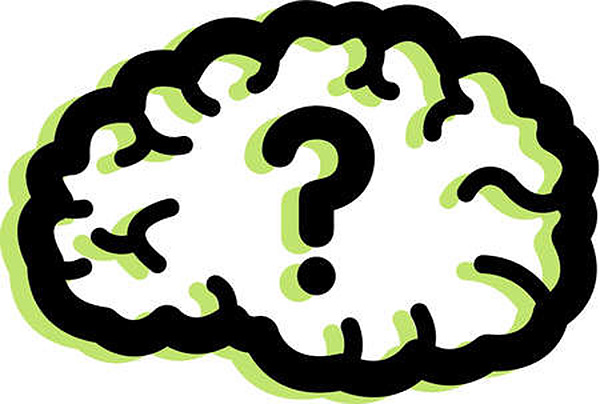BOONE—A little memory loss as you age might be a good thing.
Lisa Emery, an associate professor in Appalachian State University’s Department of Psychology, has received a three-year, $270,375 Academic Research Enhancement Award (AREA) from the National Institutes of Health to better understand relationships between mood and memory.
In addition to supporting research, AREA grants help universities build their capacity to conduct health-related research and encourage students to pursue health-related careers or careers that include health care research.
“On average, people get happier as they get older,” Emery said. “My hypothesis is one of the reasons is that as people age, they forget a lot of the specific negative details about bad things that have happened to them and learn to reframe some those negative experiences in a more positive light.”
Older people also are less likely to have a mental illness than young adults and they report fewer negative moods than younger people do, she said.
“Part of the reason may be that older people don’t spend as much time dwelling on negative things that happened in the past, which might improve their mood and decrease their memory for the event,” Emery said.
To test her hypothesis, Emery and her graduate and undergraduate research assistants will conduct three different experiments, interviewing 100 to 150 volunteers for each study. Participants will range from those in their 20s to adults more than 65 years old.
The research participants will be asked to tell interviewers stories about events that have happened to them – either events of their choice or they will be given cue words to trigger a memory. In another study, participants will be asked to recall a specific time when they had an argument with someone. Other activities will test basic memory, such as recalling list of words.
Emery and her students will take that information to look at episodic and semantic memories. Episodic memories are those that include sensory and perceptual details specific to an event. Semantic memories are more structured memories that focus on the meaning of an event and how it ties into daily life.
“As people get older, they tend not to be able to remember a lot of episodic details but tend to report more semantic details and more information about the meaning of events,” Emery said.
Emery became interested in memory and aging research after working for a time with Alzheimer’s patients. “I became really interested in why they could remember certain things and not others,” she said.
Later in graduate school, she studied recall memory, but felt that experience didn’t provide a complete understanding of memory loss related to aging.
She hopes her research will help provide a more complete understanding of the strengths and benefits of memory changes as people age and ways to improve older adults’ memories or reduce deterioration of their memory.
The work she and others conduct on memory is important, Emery said, because researchers and health professionals need to be able to distinguish normal and healthy memory changes from what is abnormal and unhealthy.
“It’s normal as we get older to experience what’s called the tip of the tongue state where you know that you know something, but you can’t quite get it out,” she said. “With abnormal memory aging like Alzheimer’s disease, you don’t even realize that you are forgetting something.”
About Appalachian State University
As a premier public institution, Appalachian State University prepares students to lead purposeful lives. App State is one of 17 campuses in the University of North Carolina System, with a national reputation for innovative teaching and opening access to a high-quality, cost-effective education. The university enrolls more than 21,000 students, has a low student-to-faculty ratio and offers more than 150 undergraduate and 80 graduate majors at its Boone and Hickory campuses and through App State Online. Learn more at https://www.appstate.edu.
What do you think?
Share your feedback on this story.




![How NCInnovation Is Rethinking Economic Development in North Carolina [faculty featured]](/_images/_posts/2026/02/rethinking-economic-development-600x400.jpg)







